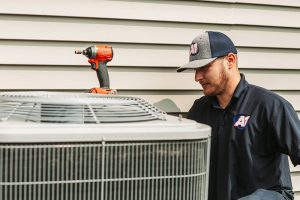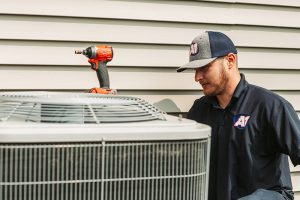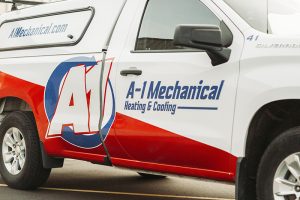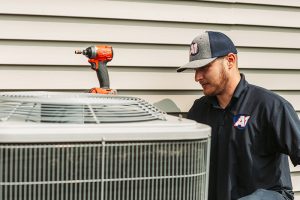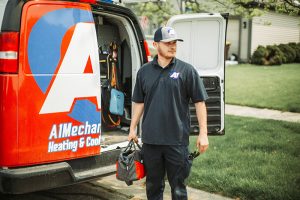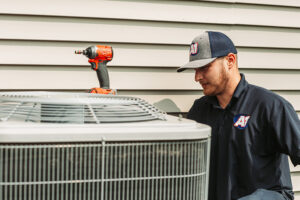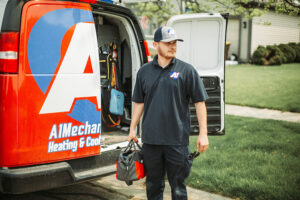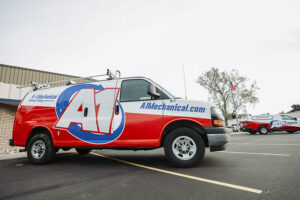When it’s time to upgrade your home’s comfort system, there’s a lot to love about today’s energy-efficient heat pumps. Whether you’re replacing an old system or switching to a more efficient solution, choosing the right model can make a world of difference in comfort and savings.
If you’re planning a heat pump installation in Okemos, MI, it’s essential to work with trained professionals who can help you navigate the options and ensure your system is installed to perform at its best. Here are five tips to help you make a confident—and even enjoyable—decision for your home.

